Last year a Washington-based journalist called Mark Leibovich wrote This Town, a book whose thesis was, roughly, that Washington-based journalists are terrible people. Leibovich’s book exemplified a trend among self-described Beltway insiders who decry as venial and insipid the trivialities they spend their lives reporting.
Sounds a bit precious, I know, not to mention suicidal. But it’s supposed to be waggish and endearing and ironical. The latest victim of this coprophagic tendency is Hard Choices, Hillary Clinton’s third book. Barely a week after its publication, with over a million copies in print, it has already been written off by the hacks who spent months doing potted F.R. Leavis numbers on the title and dust-jacket, microanalysing every sentence in the excerpts and leaked chapters carefully spooned out by the Clinton mafia.
Oh, well. Someone has to review it. It’s a book, after all, and in the months and years to come we will grow accustomed to seeing its grey bulk, first in airport newsagents, then in public libraries, and finally in second-hand bookshops, like the one in which I found my (signed) copy of Bill Clinton’s autobiography — in a bin marked ‘Free’. Best get familiar, one thinks.
Hard Choices is a memoir of Clinton’s tenure as secretary of state under Barack Obama. It is organised not chronologically but thematically, with groan-inducing obviousness, around the ‘tough decisions’ she claims to have taken during that time, most of them involving places like Dakar, Ulan Bator, Astana and Port Moresby.
At first glance we have what reads like a bold generic experiment, the first world- travelogue-cum-management-tips tome. Really, though, this is a book about politics, specifically one about elections. It begins in 2008, with Clinton losing to Obama in the Democratic primary, and ends more or less now, with her being coy about whether she’ll run again in 2016.
Her opponents will say that the book is self-exculpatory. She certainly makes no bones about telling us how cynical her Republican opponents are, or congratulating herself for having wanted to arm Syrian rebels. (There is quite a lot here about what a nasty piece of work Bashar al-Assad is but nothing about why, in 2011, Clinton was so eager to impress upon a television audience of millions her belief that Assad was probably a ‘reformer’.) That’s a narrow reading. What we are meant to take away from Hard Choices is what a thoughtful, enlightened, forward-thinking, globally engaged, not necessarily politically ambitious citizen of the 21st century she is. Not to mention prudent and above-the-fray and committed to LGBT rights, and above all compassionate. Oh, and healthy too. It doesn’t work.
If literature is, as Martin Amis memorably put it, a ‘war against cliché,’ then in Hard Choices literature has its Little Big Horn. With Mrs Clinton we are forever ‘walking on eggshells’, looking for the ‘silver lining’, doing our best to think ‘broadly’ in a world of ‘unbelievably long’ journeys, ‘gruelling’ schedules, ‘complex’ or even ‘increasingly complex’ relationships. Every ‘partnership’ is ‘close’ and ‘rewarding’; ‘talks’, ‘dialogue’ and the lot are uniformly ‘fruitful’ and ‘pay dividends’; ‘ground’ is always ‘gained’, never lost. Even when a ‘situation’ — the Syrian civil war, say — manages to ‘worsen’ somehow, it is always ‘as expected’.
Clinton’s ghosts have written a book for people who don’t have much experience of books. In fact, they have written a book for people who don’t have much experience of people, at least not in such non-rarefied contexts as breakfast or private conversation. Early on we read about two quarrelling State Department employees who make peace and begin spending their weekends ‘strategising over eggs and hot chocolate’. Are they eccentrics? Extra-terrestrials? Or have our authors, faced with a boring anecdote about occasional chats over, say, decaf coffee, simply tweaked a word or two?
Elsewhere we are told that ‘over a private lunch in the Yellow Oval Room on the second floor of the White House’ Clinton spoke with Michelle Obama ‘about how the new First Family was settling in and her plans to combat childhood obesity through healthier eating and exercise’. Does anyone, I wonder, have conversations like that? ‘Hi, Michelle.’ ‘Oh, hello, Hillary’. ‘So, then, how are things?’ ‘Not bad.’ ‘What are you up to?’ ‘Not much. Just planning to combat childhood obesity through healthier eating and exercise, you see.’ Pseudo-details like these and hundreds of others meant to humanise Clinton end up making her sound more reptilian than she probably is.
Hard Choices is a long, calm, boring book. It left me with the urge to be wicked. I wanted to put something menacing on the turntable and turn up the volume. I wanted to steal a child’s ice-cream cone or kick a kitten. I wanted to light five or six slow-burning cigarettes and throw them in the outgoing postbox with my neighbours’ postcards and utility bills. Motor vehicle theft, arson, even murder occurred to me.
So far I have resisted all these temptations save the first, and anyway Holst doesn’t really count as menacing. But Mrs Clinton isn’t going away. Give it two years, hundreds of knowing articles from the usual suspects in the Washington Post about her robotic equanimity, and who knows? In 2016 I could end up voting for her opponent from a prison cell.
Got something to add? Join the discussion and comment below.
Get 10 issues for just $10
Subscribe to The Spectator Australia today for the next 10 magazine issues, plus full online access, for just $10.
Available from the Spectator Bookshop, £16. Tel: 08430 600033
You might disagree with half of it, but you’ll enjoy reading all of it. Try your first month for free, then just $2 a week for the remainder of your first year.

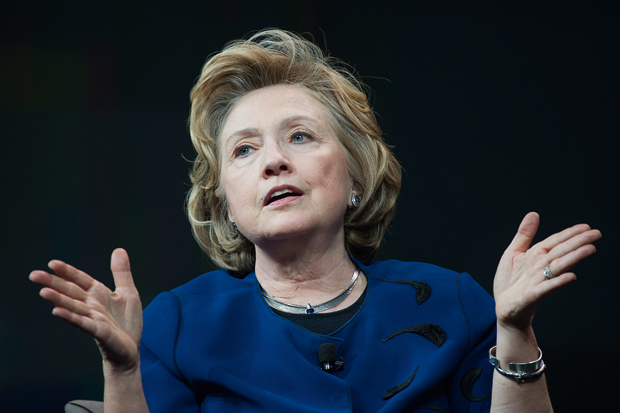
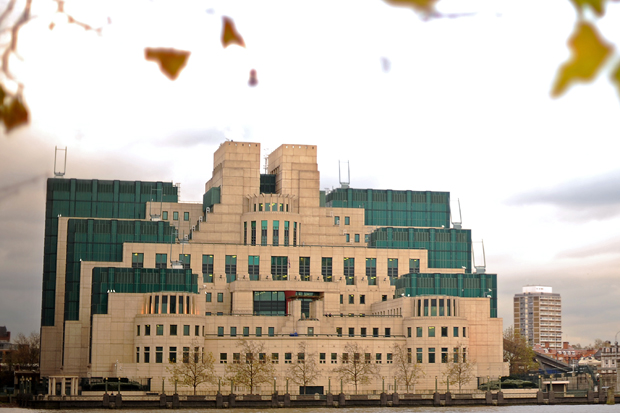
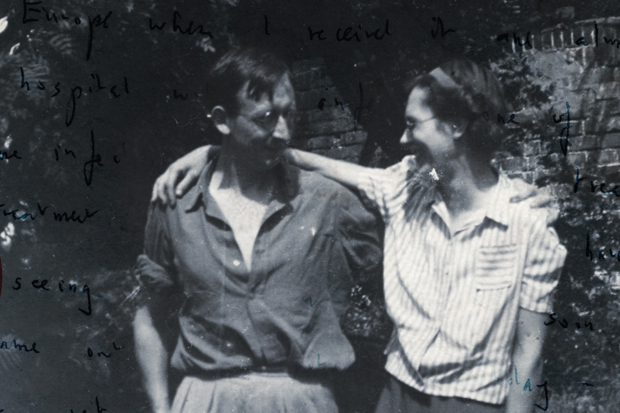
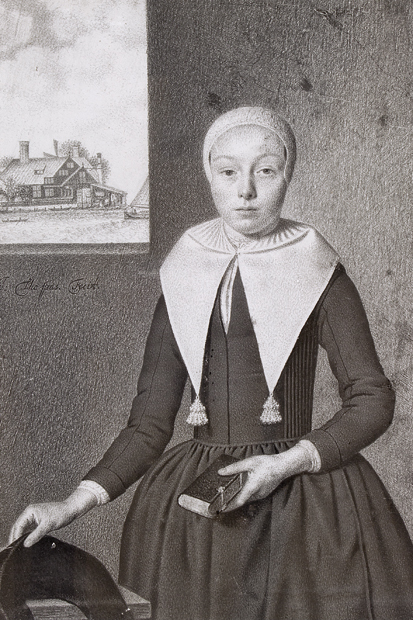
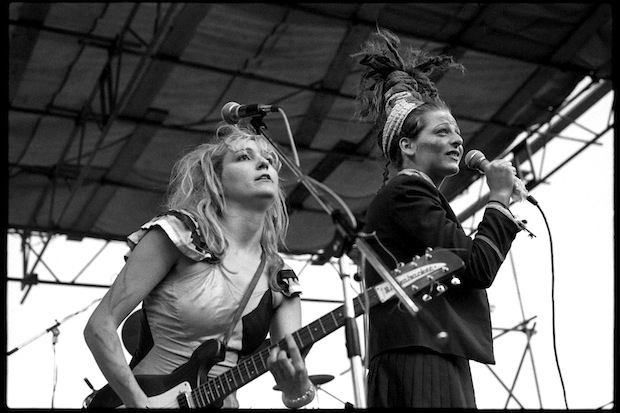
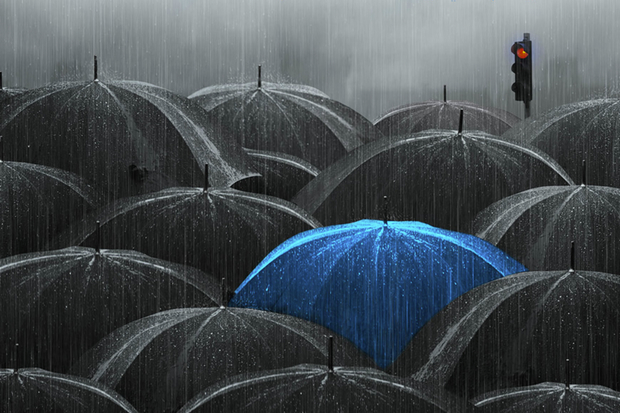
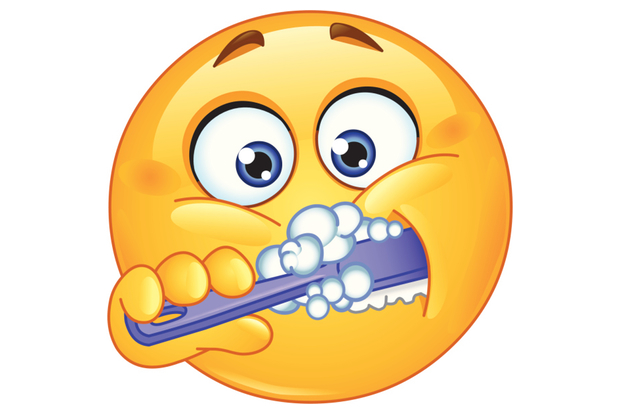






Comments
Don't miss out
Join the conversation with other Spectator Australia readers. Subscribe to leave a comment.
SUBSCRIBEAlready a subscriber? Log in